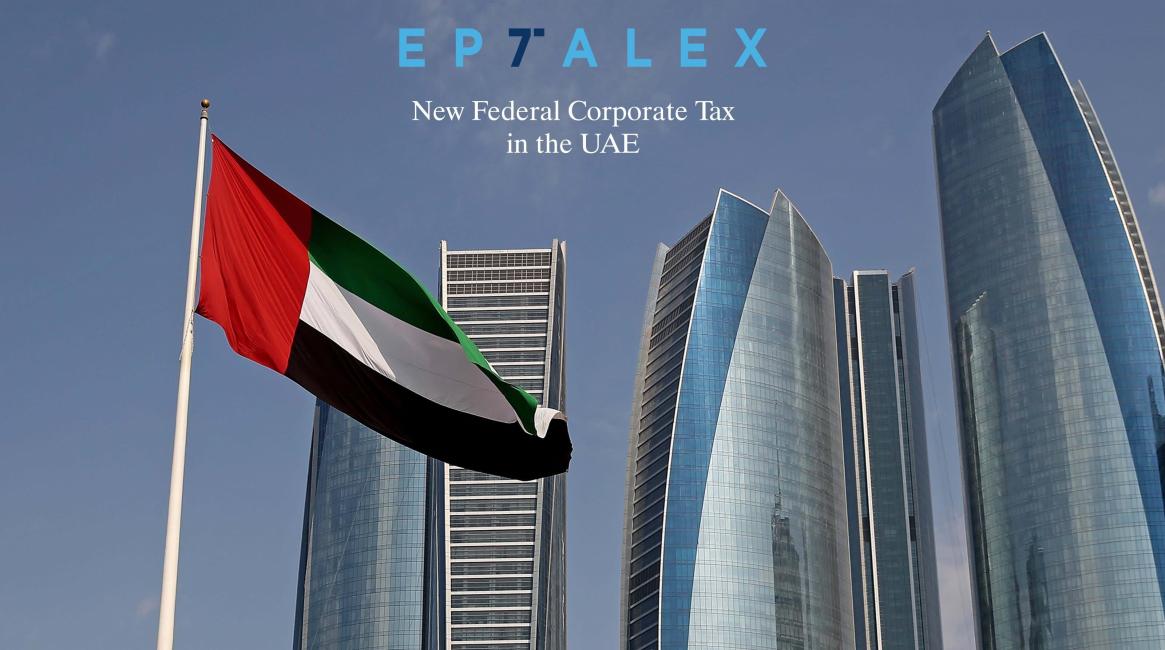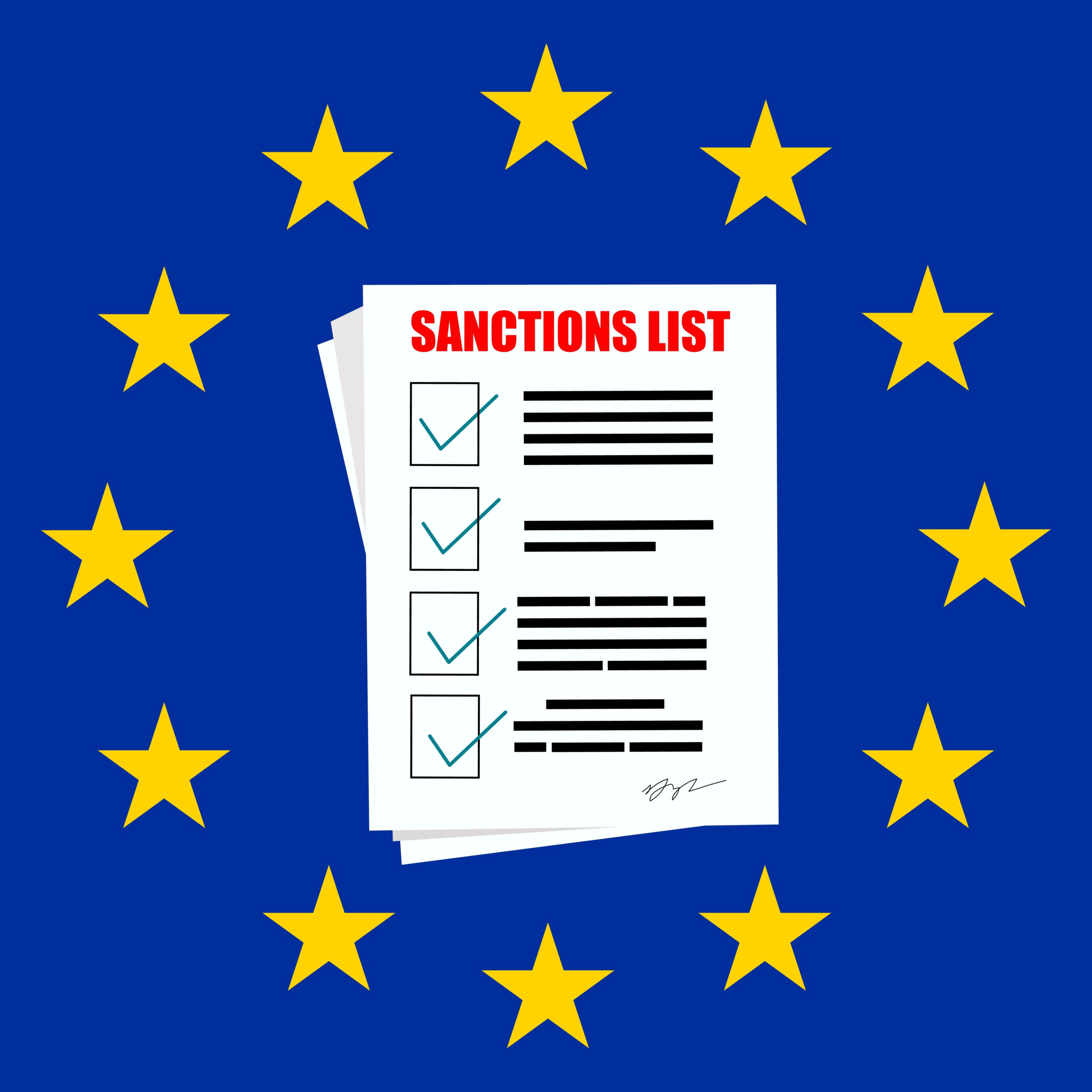On January 31, 2022, the UAE Ministry of Finance announced the introduction of a federal corporate tax system applicable to corporate profits generated during financial years beginning on or after June 1, 2023. The corporate tax system introduced is one of the most competitive regimes in the world, designed to encourage startups.
The new tax system provides for a progressive tax rate applicable as per the below thresholds that remind us of the VAT revenue threshold above which registration for VAT is mandatory:
| Net Profit of up to AED 375,000 | 0% |
| Net Profit above AED 375,000 | 9% |
As per international practices, the corporate tax should apply and be paid on an annual basis. However, certain jurisdictions such as the UK have a different system in place for large companies, who are compelled to make quarterly payments on their corporate income tax throughout the financial year in question. The UAE has not yet announced if any special treatment will apply for companies of various sizes, although the rate remains the same.
While the UAE would no longer have a tax regime which exempts from corporate taxes, it remains one of the most competitive regimes in the world, designed to encourage startups due to the 0% rate applicable on profits below AED 375,000.
A lot is still yet to be determined, but the UAE Ministry of Finance confirmed, inter alia, the following:
- The tax is only applicable to income related to trade or business;
- The corporate tax will not apply to foreign investors who do not conduct their business in the UAE.
It is also yet to be determined what will be the impact of the introduction of the corporate tax regime on local businesses, but in general, the introduction of a corporate tax in a jurisdiction often results in decrease of short run aggregate supply, and companies are expected to potentially increase the price of their goods and services in order to mitigate the effect of the newly introduced tax.
Another important aspect to look out for is the regime that will be applied to the free zones. Will the federal law on corporate taxes exclude explicitly companies incorporated in the free zones, therefore maintaining for those companies an edge on mainland companies? Or will the regime apply to all companies incorporated in the UAE including free zones, therefore pushing the free zones to break their promises to their investors after having promised years of profits free from corporate taxation? The announcement by the Ministry of Finance indicated that the companies incorporated in free zones will continue to benefit from a tax exemption if they meet the required conditions. What conditions will those be? A possible explanation could be that companies operating from free zones will be taxed on the profits generated within the UAE, and exempted on their profits generated through the provision of their services and goods to foreign companies located outside the UAE.
By analogy, the federal law on commercial companies does not apply to companies incorporated in the free zones, and the regulations of the free zone across the UAE often explicitly state that said Law does not apply to them. The same could be expected for the federal law on corporate taxes.
In addition, the UAE Ministry of Finance mentions in their communication that “foreign tax will be allowed to be credited against UAE corporate tax payable”. This means that the UAE is headed towards a tax credit regime as opposed to a territorial tax regime where only profits generated within the UAE would normally be taxed. By mentioning that foreign taxes can be credited against UAE corporate tax payable, the UAE is implying that the regime introduced is one that taxes companies established in the UAE on their foreign profits as well.
Lastly, the new tax regime will surely result in a higher enforceability of treaties for the avoidance of double taxation from the network of treaties the UAE has in place, and that were being set aside recently by foreign tax authorities with the increased scrutiny on tax avoidance and harmful tax practices, on the basis that the UAE has a tax free regime resulting in foreign companies being disqualified from the benefits of double taxation treaties by their foreign tax authorities. Consequently, foreign companies were being taxed on their profits generated in the UAE.
We will be keeping a close eye on new developments and further news, and will be issuing further client alerts on the matter.





